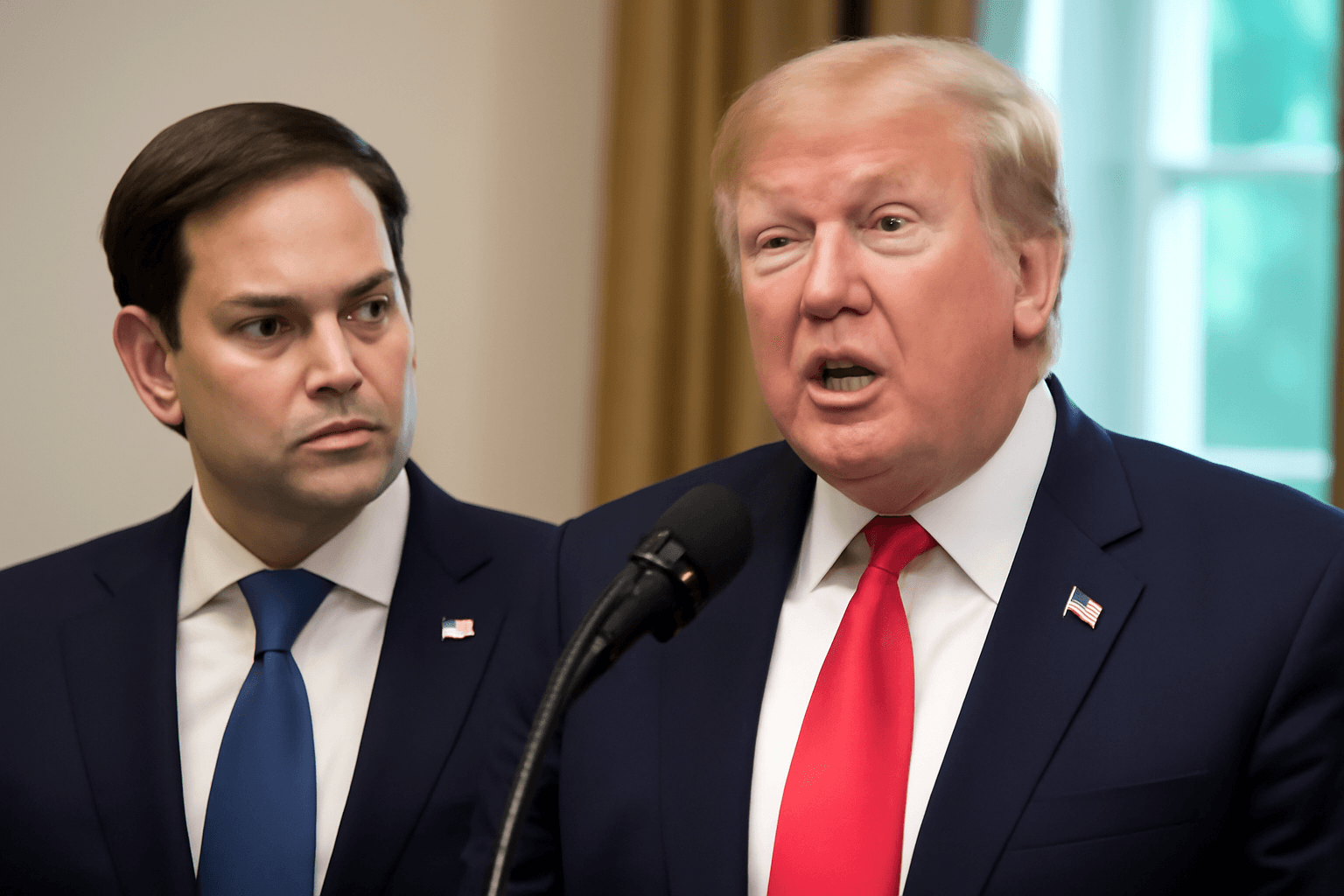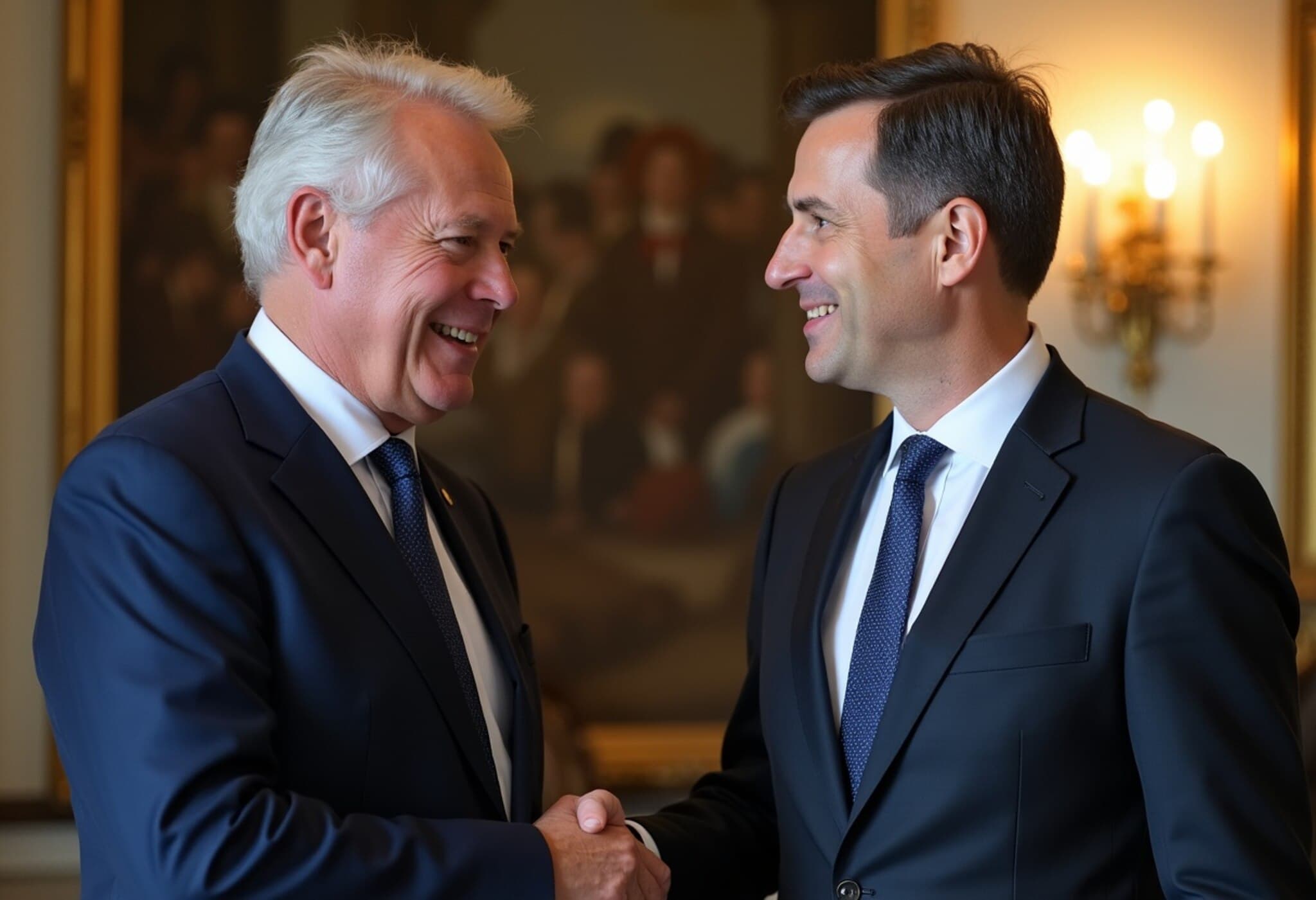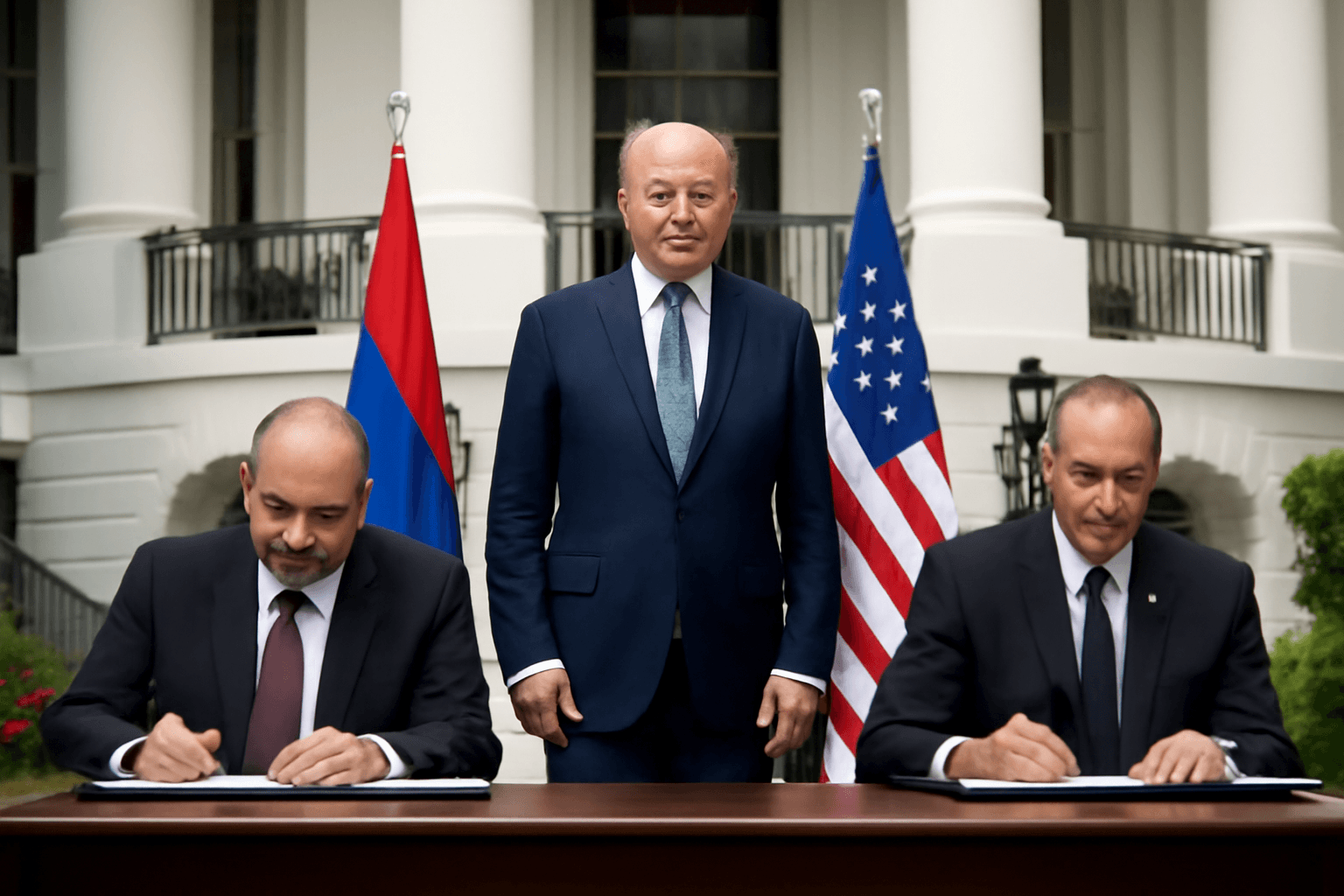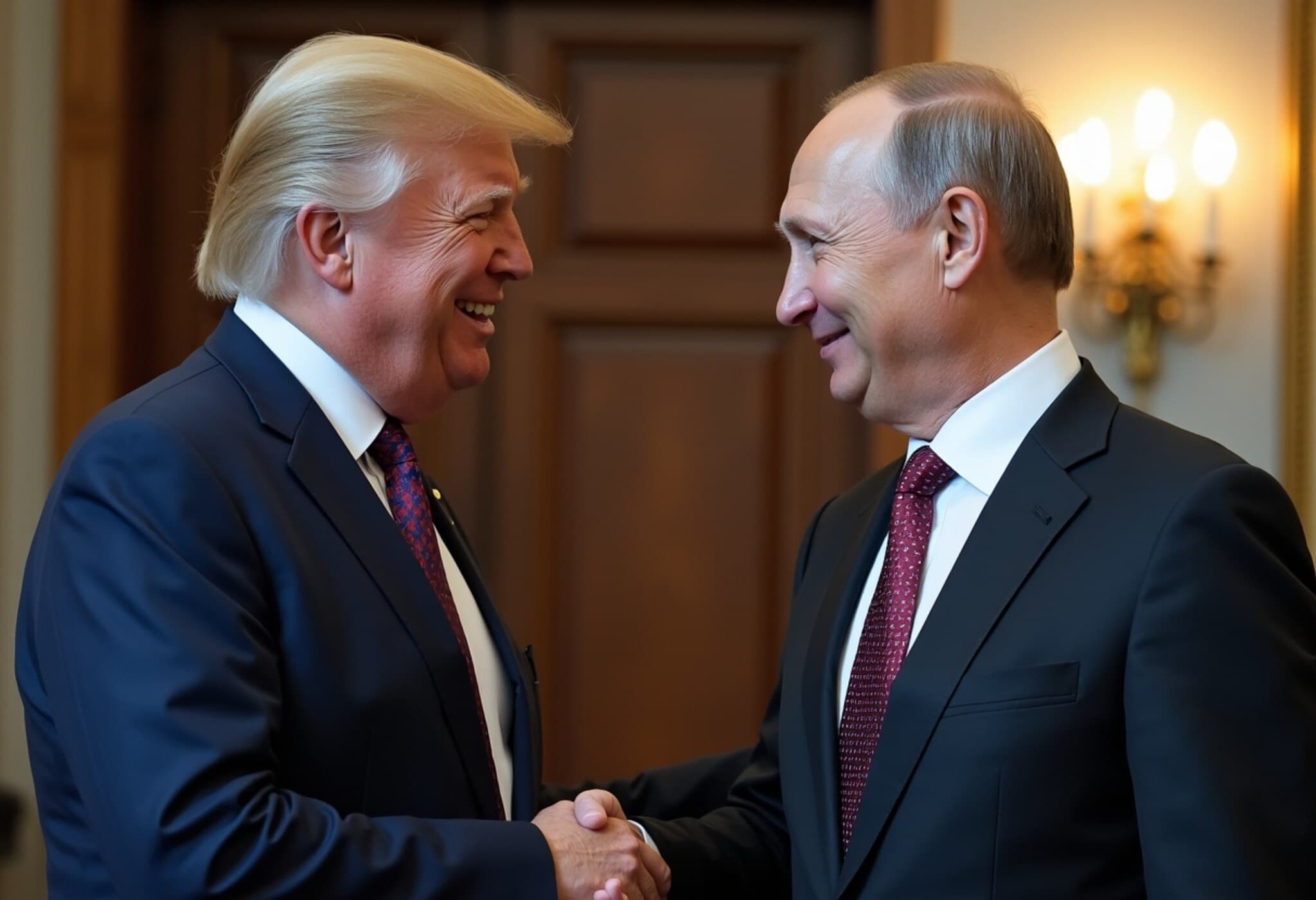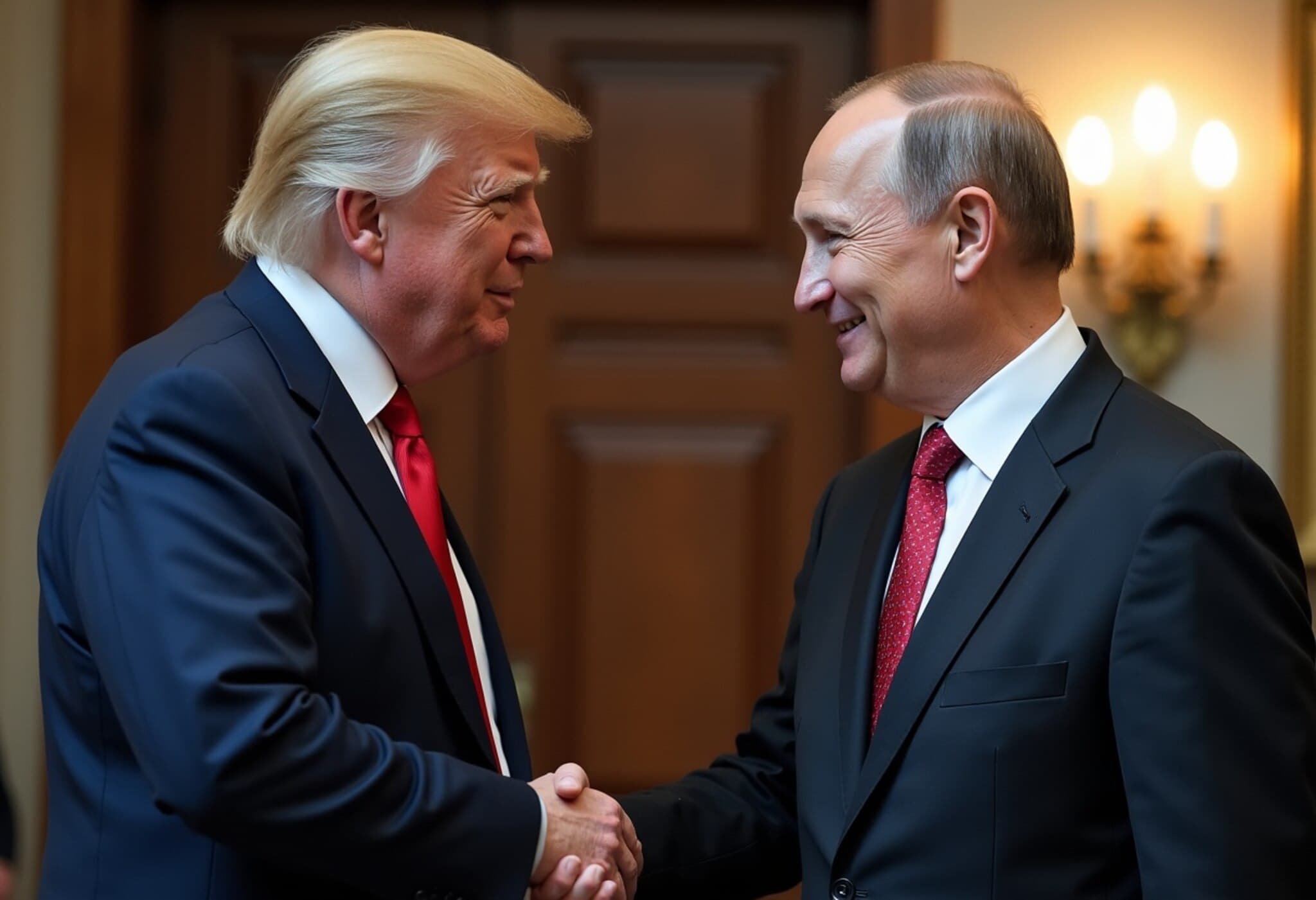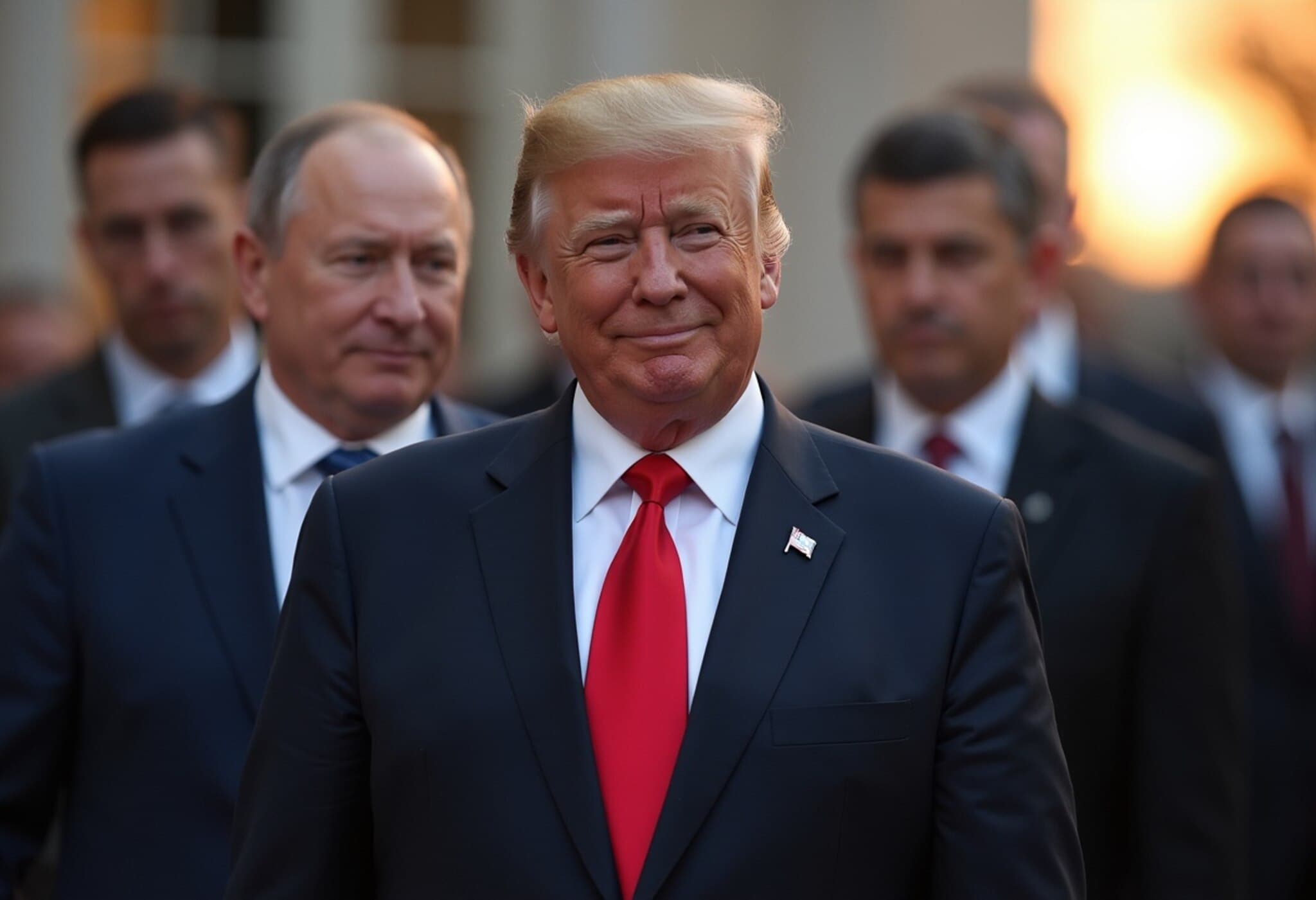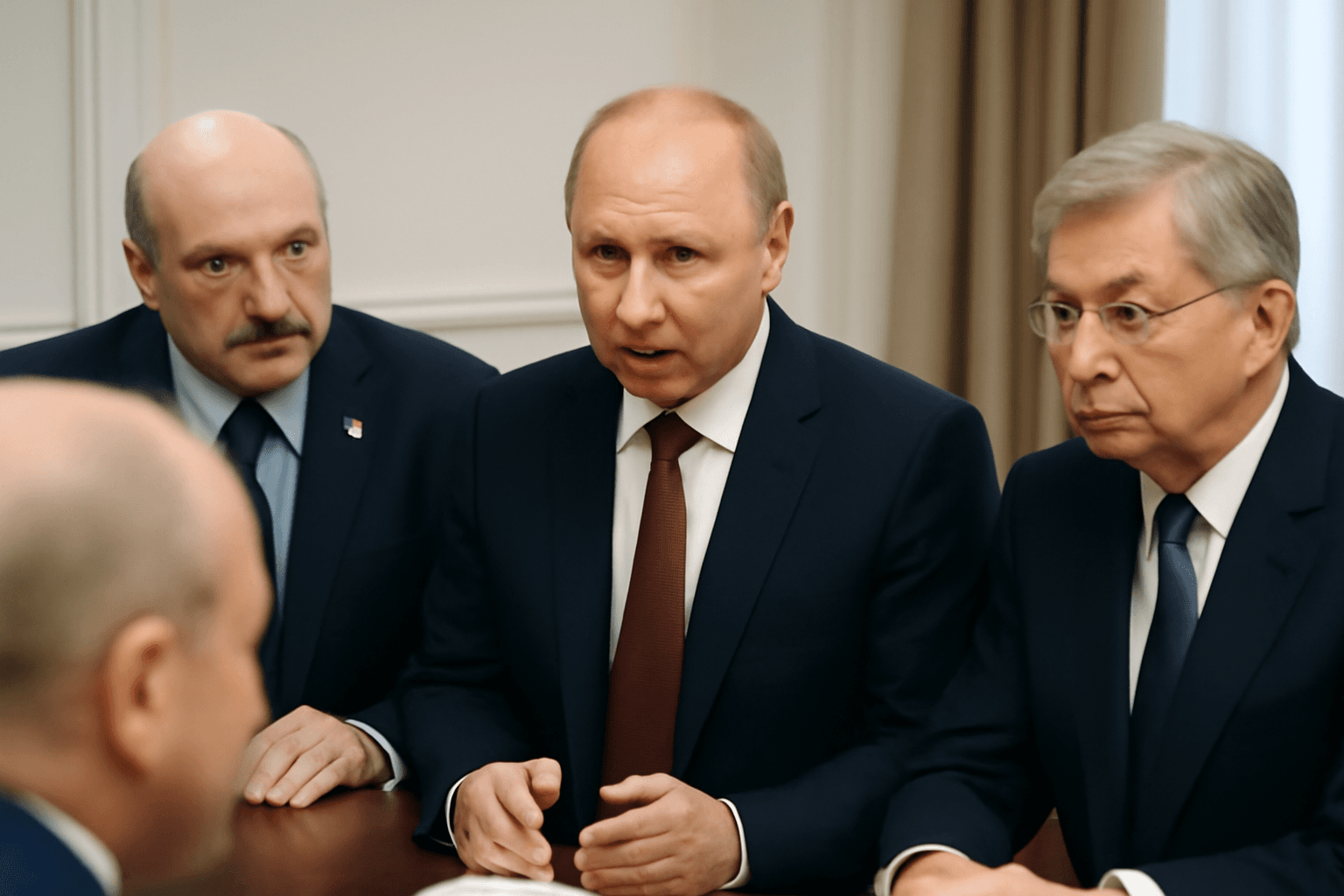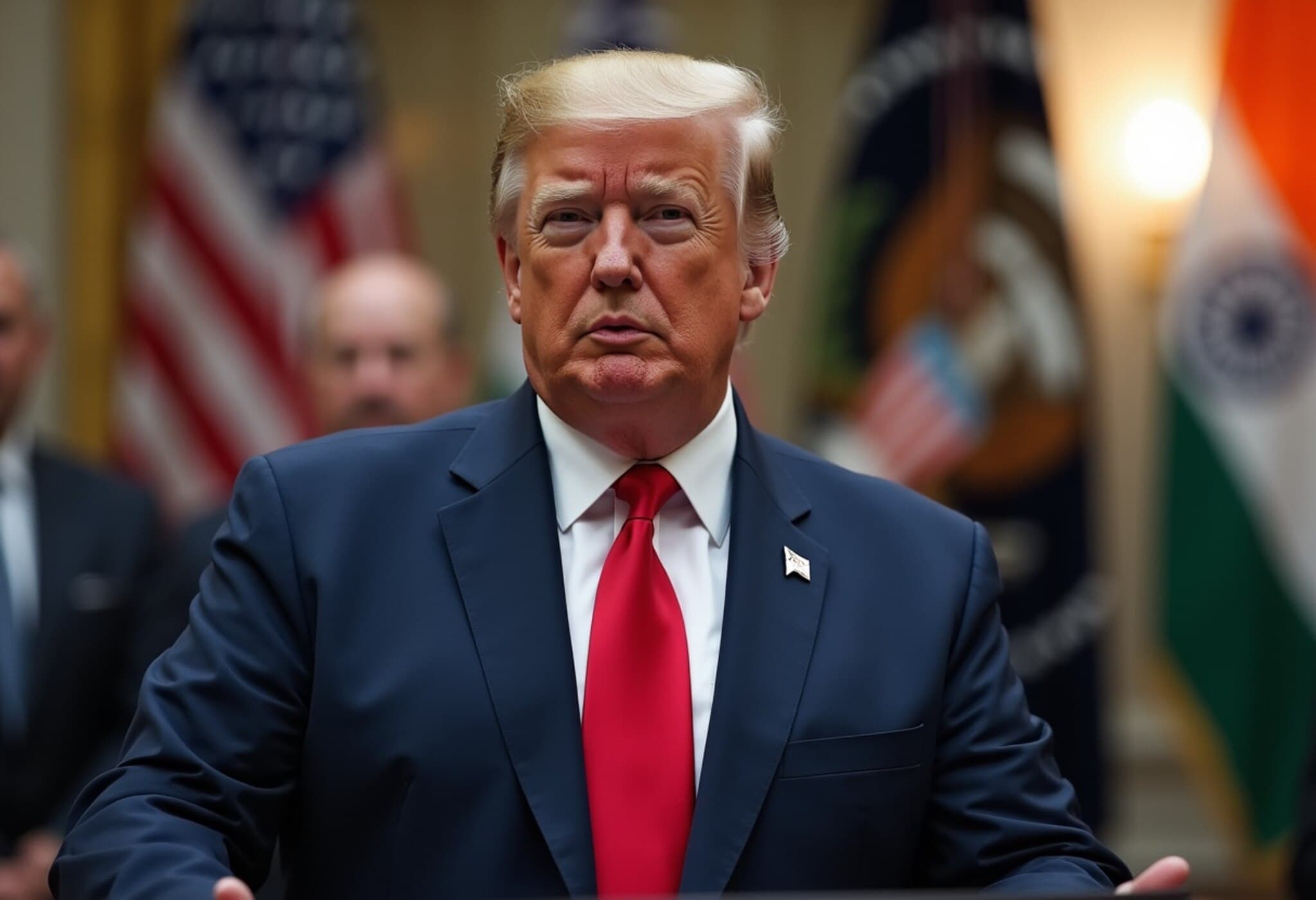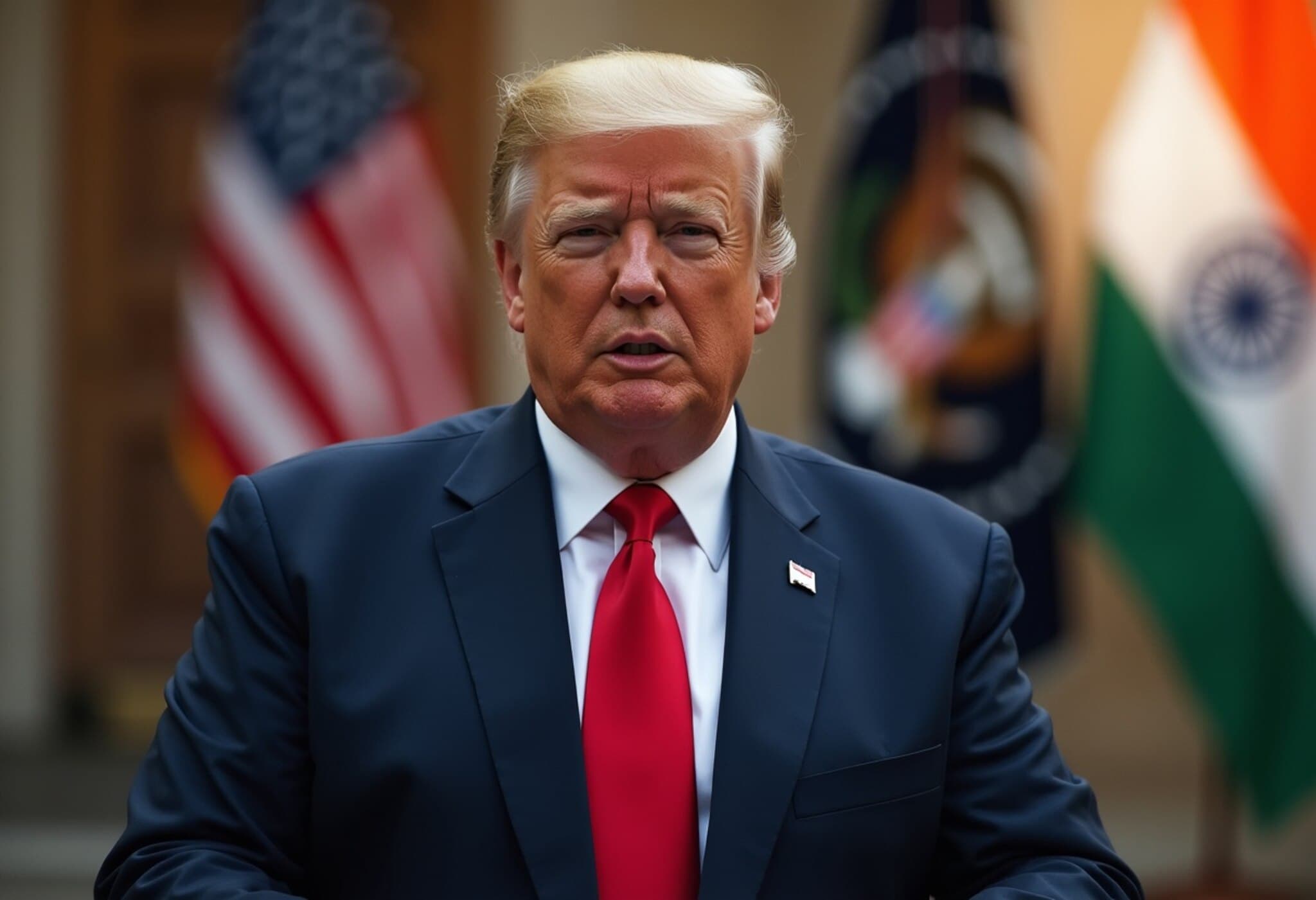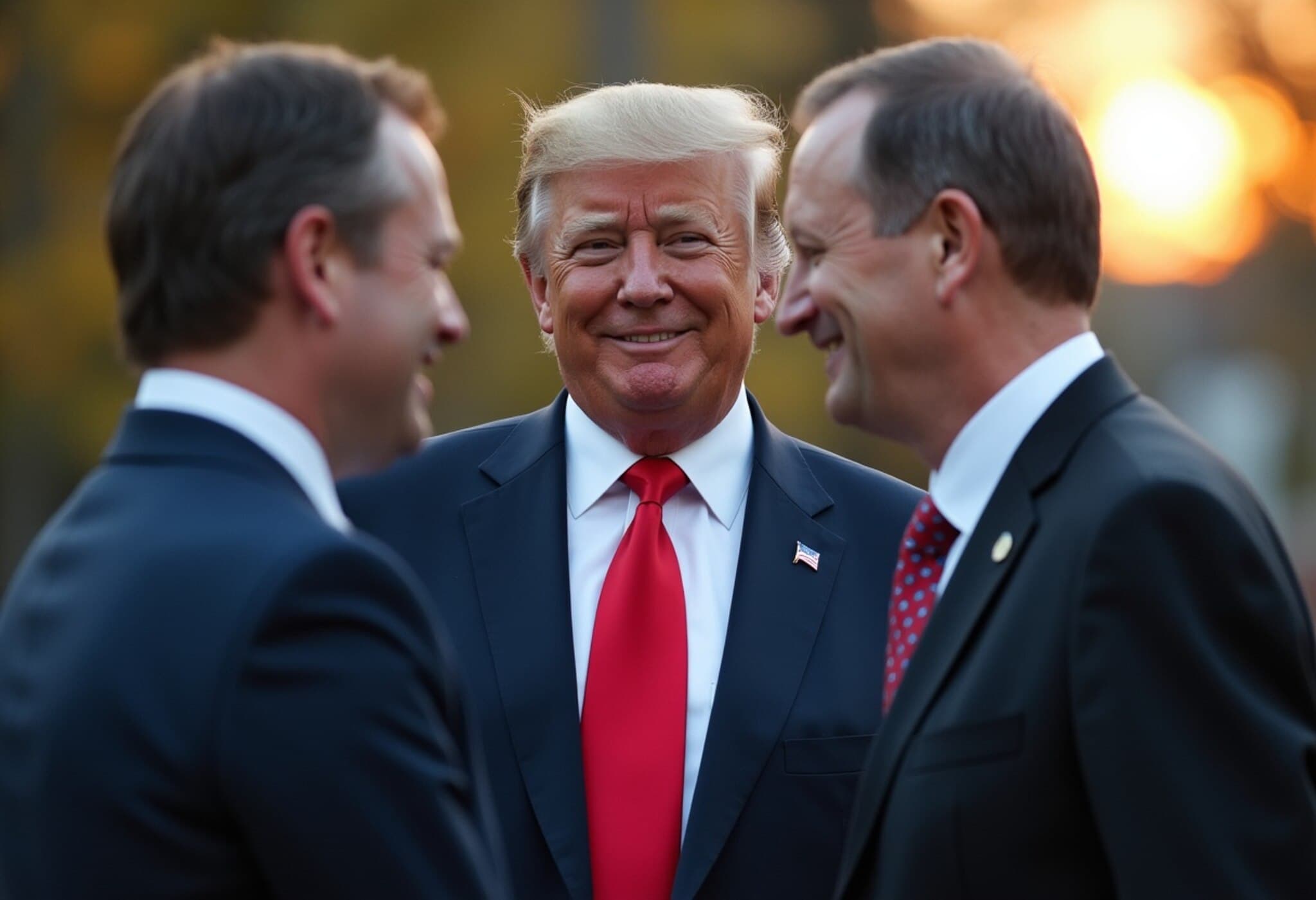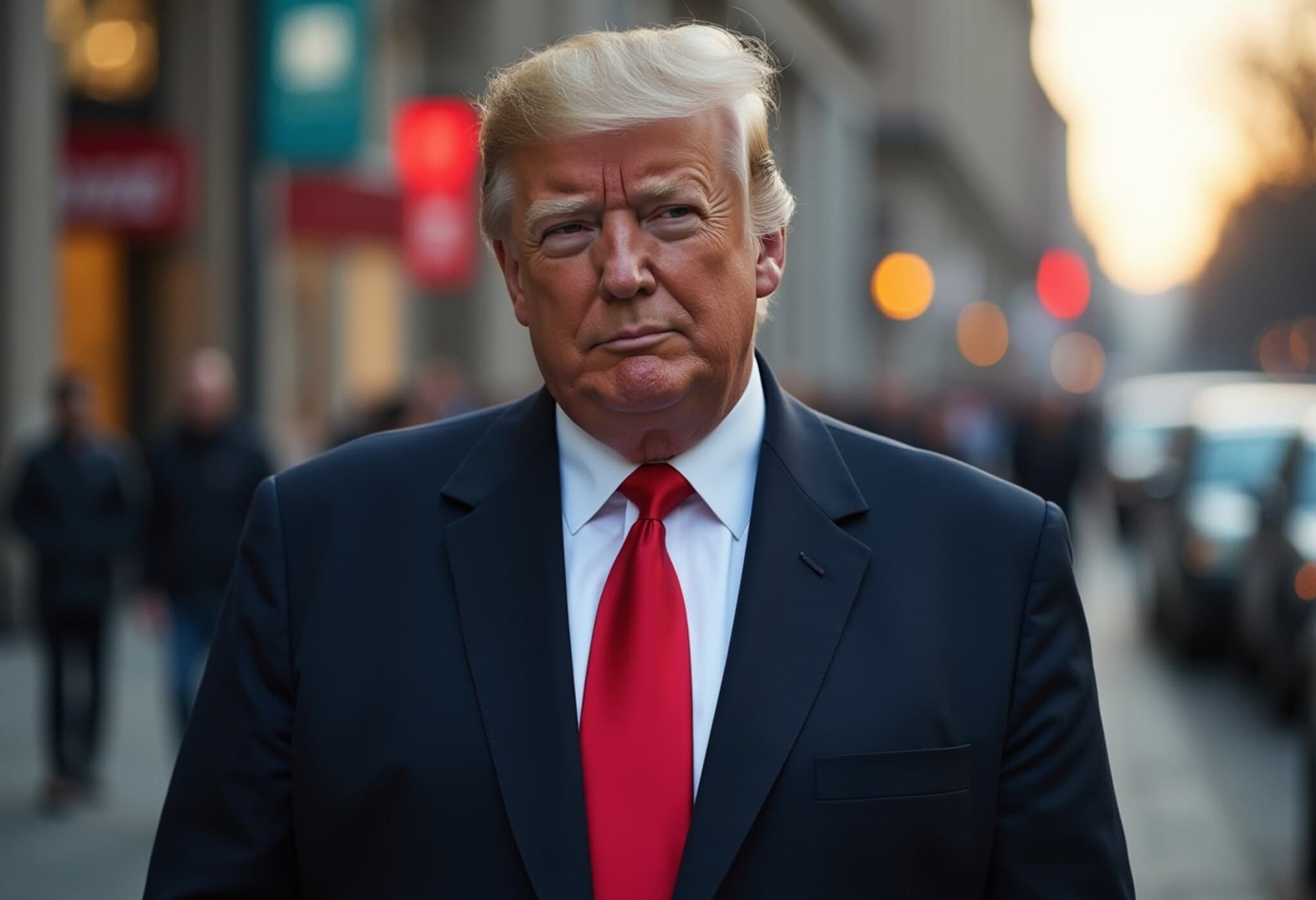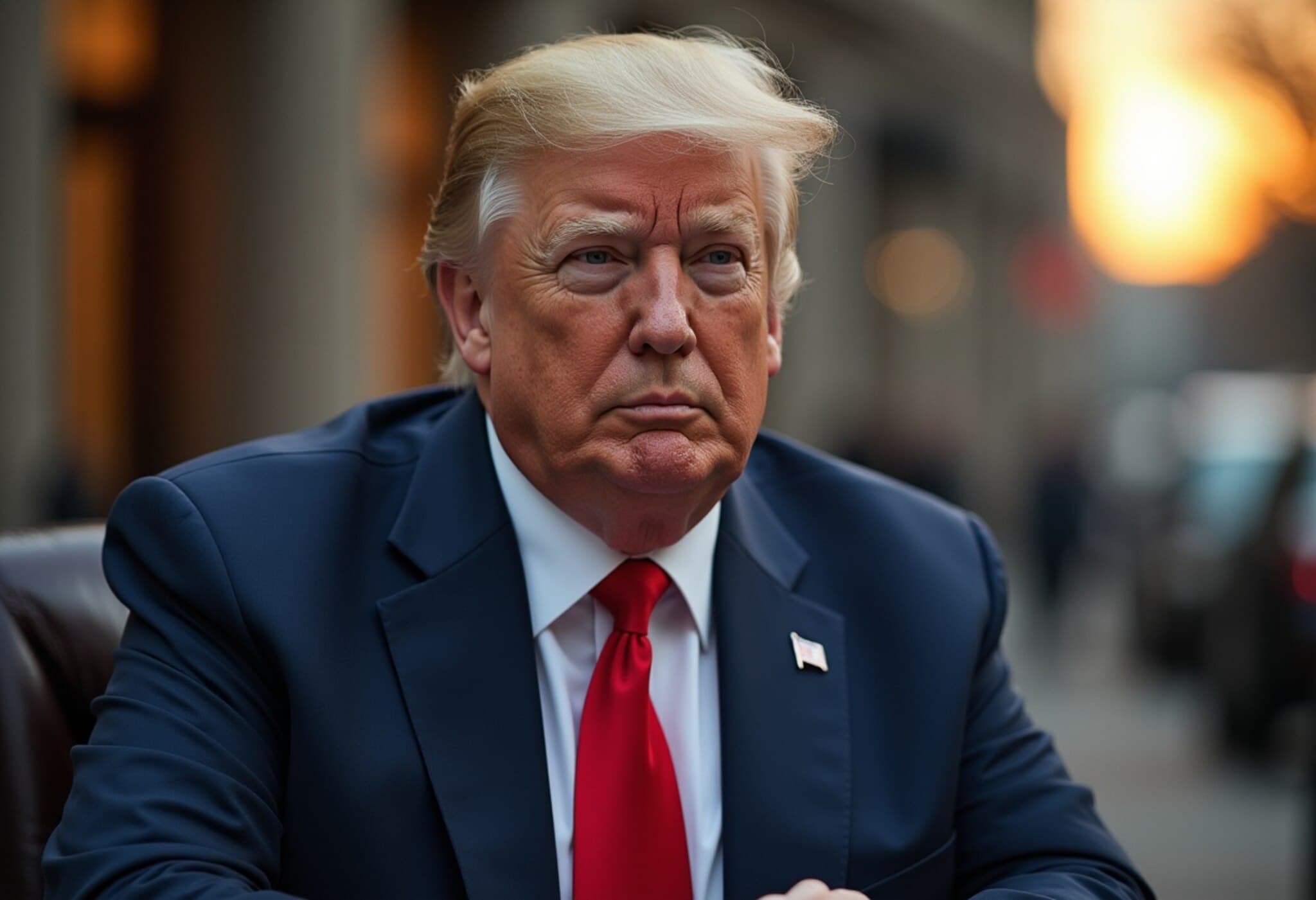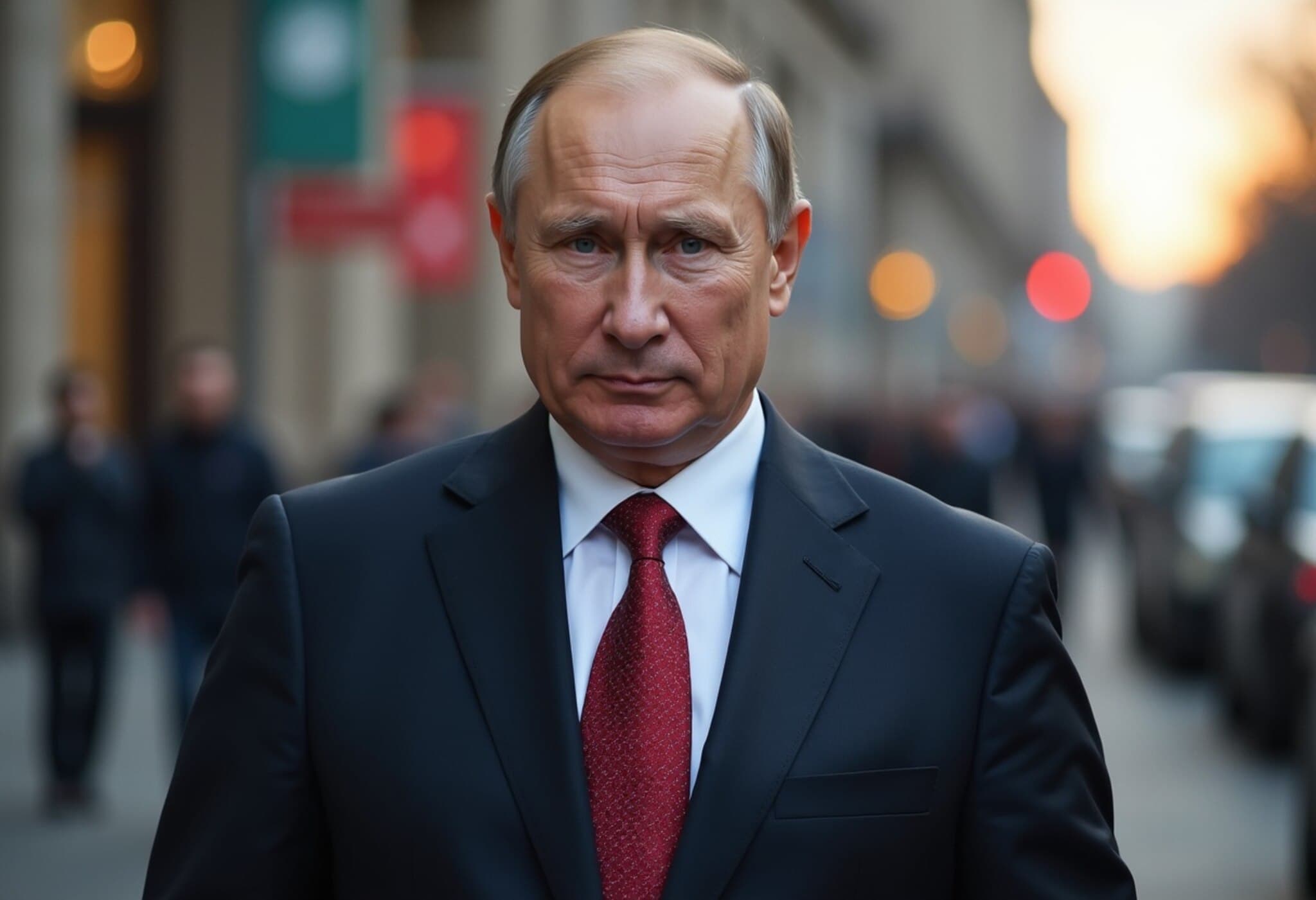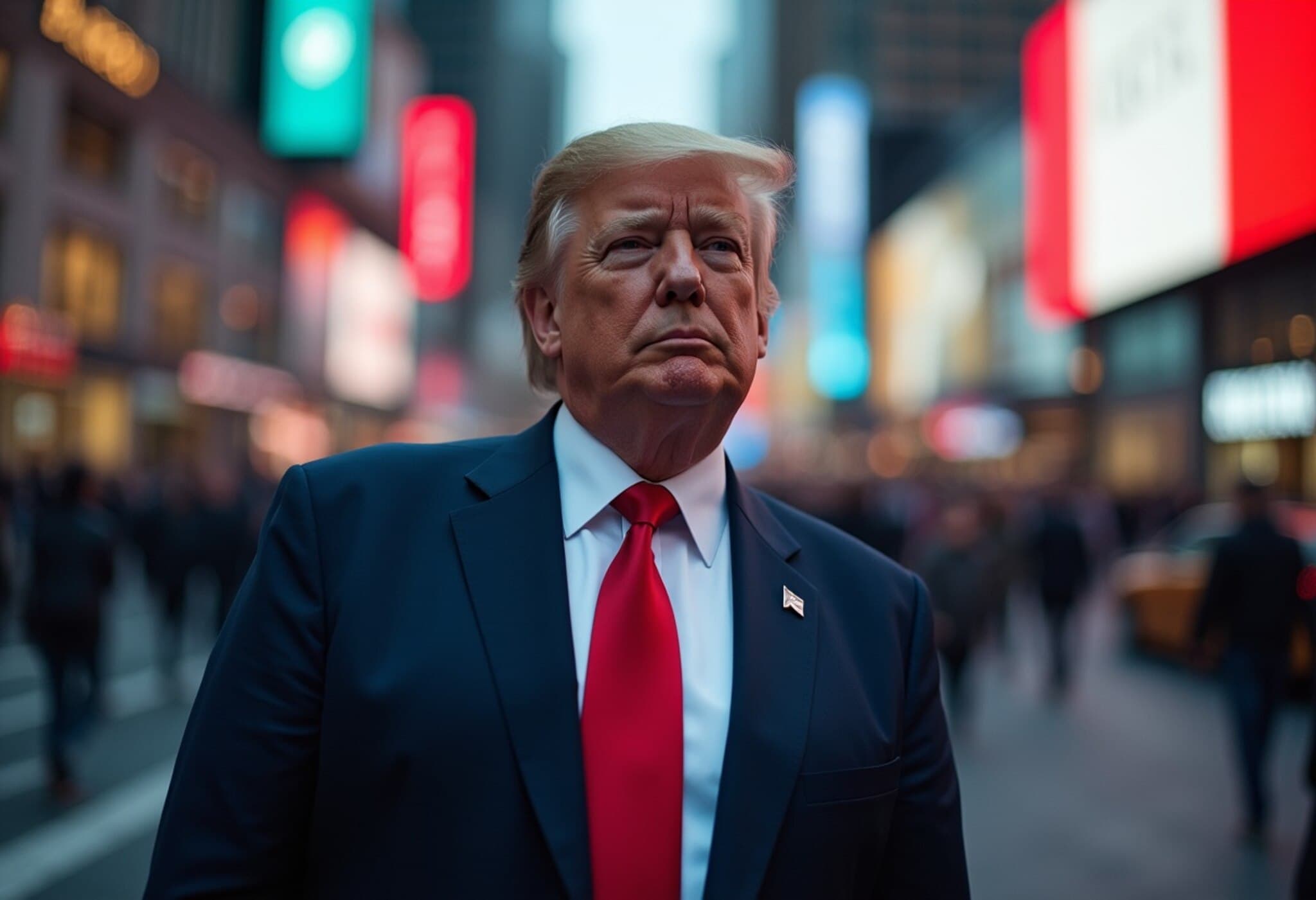Marco Rubio Praises Donald Trump as 'President of Peace'
In a recent interview, US Secretary of State Marco Rubio described former President Donald Trump as the “president of peace”, attributing the May 2025 ceasefire between India and Pakistan to Trump’s direct diplomatic intervention. Rubio emphasized that the Trump administration played a pivotal role in halting escalations between the two nuclear-armed neighbors.
Rubio Highlights Trump’s Diplomatic Involvement
Speaking on EWTN’s The World Over with Raymond Arroyo, Rubio asserted, “When India and Pakistan went to war, we got involved directly, and the president was able to deliver on that peace.” This statement revives Trump’s longstanding narrative positioning himself as a global peacemaker, a portrayal that continues to shape his political brand and influence.
Context: The India-Pakistan Conflict and Ceasefire
The conflict began on May 7, 2025, when India launched Operation Sindoor in response to a terrorist attack in Jammu and Kashmir’s Pahalgam the previous month. Over four intense days, India targeted terrorist camps and Pakistani military positions. Pakistan, seeking to de-escalate after substantial losses, requested a ceasefire on May 10, which India approved.
While the Trump administration claims credit for facilitating this ceasefire, Indian officials maintain that the decision was driven primarily by Pakistan’s request following India’s military actions. This divergence illustrates the complex interplay of regional agency and international diplomacy.
Broader Peace Efforts Cited by Rubio
Rubio did not limit his praise to South Asia. He cited several other conflict zones where Trump allegedly contributed to peace initiatives during his second term:
- Cambodia and Thailand: Efforts to ease regional tensions in Southeast Asia;
- Azerbaijan and Armenia: Hosting peace talks to resolve decades-long disputes over Nagorno-Karabakh, with a signing ceremony anticipated at the White House;
- Democratic Republic of Congo (DRC) and Rwanda: Facilitating talks to address a protracted conflict responsible for over 7 million deaths in 30 years.
Rubio noted the fragile nature of peace, remarking, “Peace is not permanent. It always has to be worked and maintained.”
The Complex Reality of Trump’s Peace Legacy
Despite these claims, Trump’s track record in international conflict resolution remains contentious. His pledge to end the war in Ukraine within 24 hours of taking office went unfulfilled, and violence persists in the Gaza Strip. Moreover, under his administration, the US escalated tensions with Iran, striking nuclear sites in June 2025 and igniting a new phase of confrontation.
This duality highlights a recurring pattern: while Trump often touts diplomatic breakthroughs, many in the international community and analysts question the sustainability and impact of his interventions.
Looking Ahead: US Role in Armenian-Azerbaijani Peace
This week, President Trump is set to host leaders from Armenia and Azerbaijan at the White House, aiming to formalize a peace agreement aimed at ending decades of conflict in the Caucasus. The success of this initiative could significantly bolster claims of Trump’s diplomatic effectiveness—but only time will reveal the durability of the accord.
Expert Insights
From a policy analyst’s perspective, Rubio’s remarks underscore how former US presidents and their supporters leverage international peace efforts to build political capital. While third-party mediation is invaluable, it is crucial to critically assess the underlying dynamics, including the agency of local actors and ground realities.
For South Asia, the India-Pakistan ceasefire marks a cautious step away from open conflict, but persistent tension over Kashmir demands ongoing diplomatic engagement beyond symbolic gestures. For American foreign policy, balancing narratives of peace with accountability for continued regional conflicts remains a delicate task.
Editor’s Note
Marco Rubio’s reiteration of Donald Trump’s role in the India-Pakistan ceasefire brings to light the persistent contest over historical narratives in diplomacy. While celebrating peace initiatives is important, recognizing the nuanced, often multifaceted causes of conflict resolution is essential for informed public discourse. Readers might consider how international diplomacy intertwines with domestic political narratives and what genuine peace-building entails beyond headlines.

